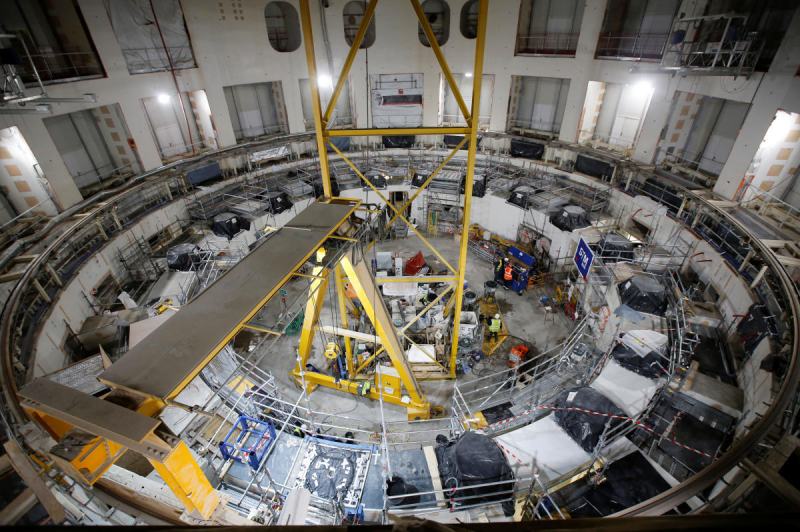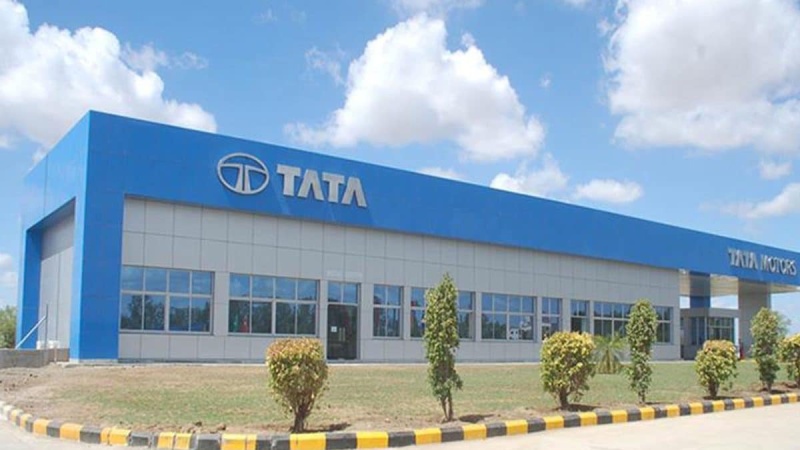With the Korea Superconducting Tokamak Advanced Research (KSTAR) device, a nuclear fusion reactor that functions as a “artificial Sun,” South Korean scientists set a new world record. In tests conducted between December 2023 and February 2024, the researchers produced plasma temperatures of 100 million degrees Celsius for 48 seconds, according to CNN. At seven times the temperature, this is not far from the Sun’s core, which is fifteen million degrees Celsius.
The previous record for the facility was only 30 seconds, established in 2021. “Thorough hardware testing and campaign preparation enabled us to achieve results surpassing those of previous KSTAR records in a short period of time, even though this was the first experiment run in the environment of the new tungsten diverters,” KSTAR Research Center director Si-Woo Yoon said in a statement.
Because of “the unstable nature of the high-temperature plasma,” it was difficult to extend the period spent at that temperature, thus Mr. Yoon told CNN that the new record was an important milestone. He went on to say that by 2026, scientists plan to maintain 300 seconds of plasma temperatures at 100 million degrees Celsius.
Nuclear fusion is the process of fusing two atoms to release enormous amounts of energy in an attempt to imitate the reaction that powers the sun and other stars. Fusion has the ability to produce endless power without emitting carbon dioxide that warms the planet.
The most popular method of producing fusion energy is a tokamak, a doughnut-shaped reactor where hydrogen differences are heated to extremely high temperatures to produce plasma. The future of nuclear fusion reactors depends on high-temperature, high-density plasmas that allow for long-duration reactions.
By making adjustments to the procedure, such as substituting tungsten for carbon in the “diverters” that draw out heat and pollutants from the fusion reaction, the KFE scientists claimed to have been able to extend the reaction time.
The most recent mark “will be of great help to secure the predicted performance in ITER operation in time and to advance the commercialization of fusion energy,” stated Mr. Yoon.
Topics #100 million degrees Celsius #Artificial Sun #korea #KSTAR #news #South Korea #Sun











